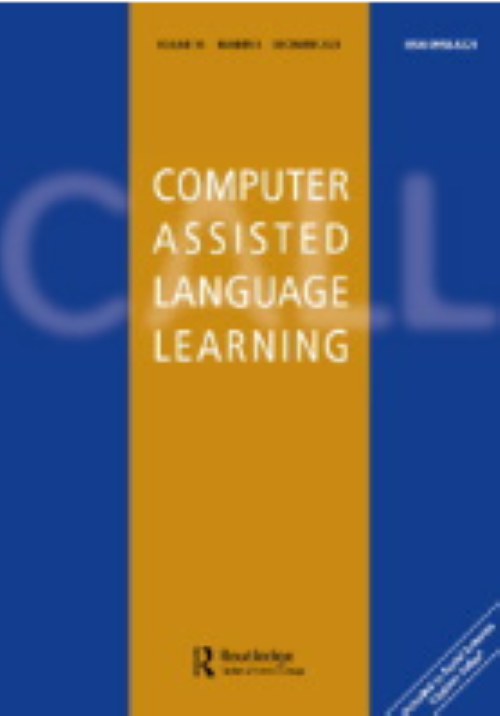The role of digital literacy in student engagement with automated writing evaluation (AWE) feedback on second language writing
IF 6.6
1区 文学
Q1 EDUCATION & EDUCATIONAL RESEARCH
引用次数: 0
Abstract
AbstractResearch on second language (L2) writing suggests that student engagement with automated writing evaluation (AWE) feedback is influenced by various individual and contextual factors. Little attention, however, has been given to the role that students’ digital literacy can play in this process. Increasingly, digital literacy is becoming indispensable in language teaching and learning as reading, writing, and communicating are conducted and mediated by digital technologies. This study explores how seven L2 students engaged with AWE feedback on their L2 writing in a Chinese university, analysing data collected from student written texts, AWE feedback, and student interviews. We found that the students engaged with AWE feedback in different ways in terms of their perceptions, attitudes, and revisions. The study shows that students’ digital literacy has considerable impact on how they engaged with AWE feedback regardless of their L2 proficiency. We argue that L2 students’ digital literacy, characterised by an awareness of the affordances and constraints of technologies, an ability to evaluate digital information, and a willingness to use digital technologies for peer collaboration, can be a key factor in effective student engagement with AWE feedback on L2 writing.Keywords: Digital literacystudent engagementAWE feedbacksecond language writing Disclosure statementNo potential conflict of interest was reported by the author(s).数字素养在学生参与第二语言写作的自动写作评估(AWE)反馈中的作用
摘要对第二语言(L2)写作的研究表明,学生对自动写作评估反馈的参与受到各种个人和情境因素的影响。然而,很少有人注意到学生的数字素养在这一过程中所起的作用。数字素养在语言教学和学习中越来越不可或缺,因为阅读、写作和交流都是通过数字技术进行和调解的。本研究通过分析从学生书面文本、AWE反馈和学生访谈中收集的数据,探讨了一所中国大学的七名二语学生如何利用AWE反馈来提高他们的二语写作。我们发现,学生们在感知、态度和修改方面以不同的方式参与AWE反馈。研究表明,无论学生的第二语言熟练程度如何,他们的数字素养对他们如何参与AWE反馈有相当大的影响。我们认为,第二语言学生的数字素养,其特点是对技术的支持和限制的认识,评估数字信息的能力,以及在同伴合作中使用数字技术的意愿,可以成为学生有效参与AWE对第二语言写作反馈的关键因素。关键词:数字素养学生参与度awe反馈第二语言写作披露声明作者未报告潜在的利益冲突
本文章由计算机程序翻译,如有差异,请以英文原文为准。
求助全文
约1分钟内获得全文
求助全文
来源期刊

Computer Assisted Language Learning
Multiple-
CiteScore
18.50
自引率
12.90%
发文量
74
期刊介绍:
Computer Assisted Language Learning (CALL) is an intercontinental and interdisciplinary journal which leads the field in its dedication to all matters associated with the use of computers in language learning (L1 and L2), teaching and testing. It provides a forum to discuss the discoveries in the field and to exchange experience and information about existing techniques. The scope of the journal is intentionally wide-ranging and embraces a multitude of disciplines.
 求助内容:
求助内容: 应助结果提醒方式:
应助结果提醒方式:


